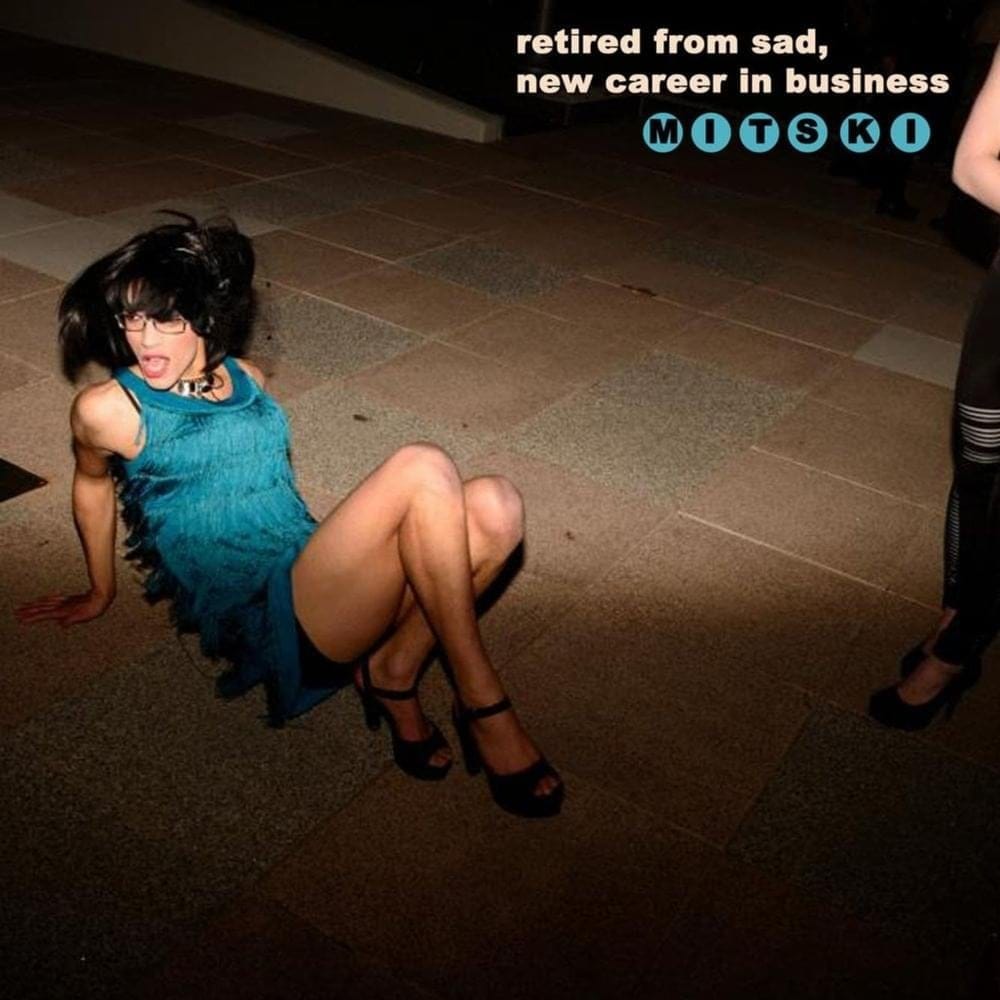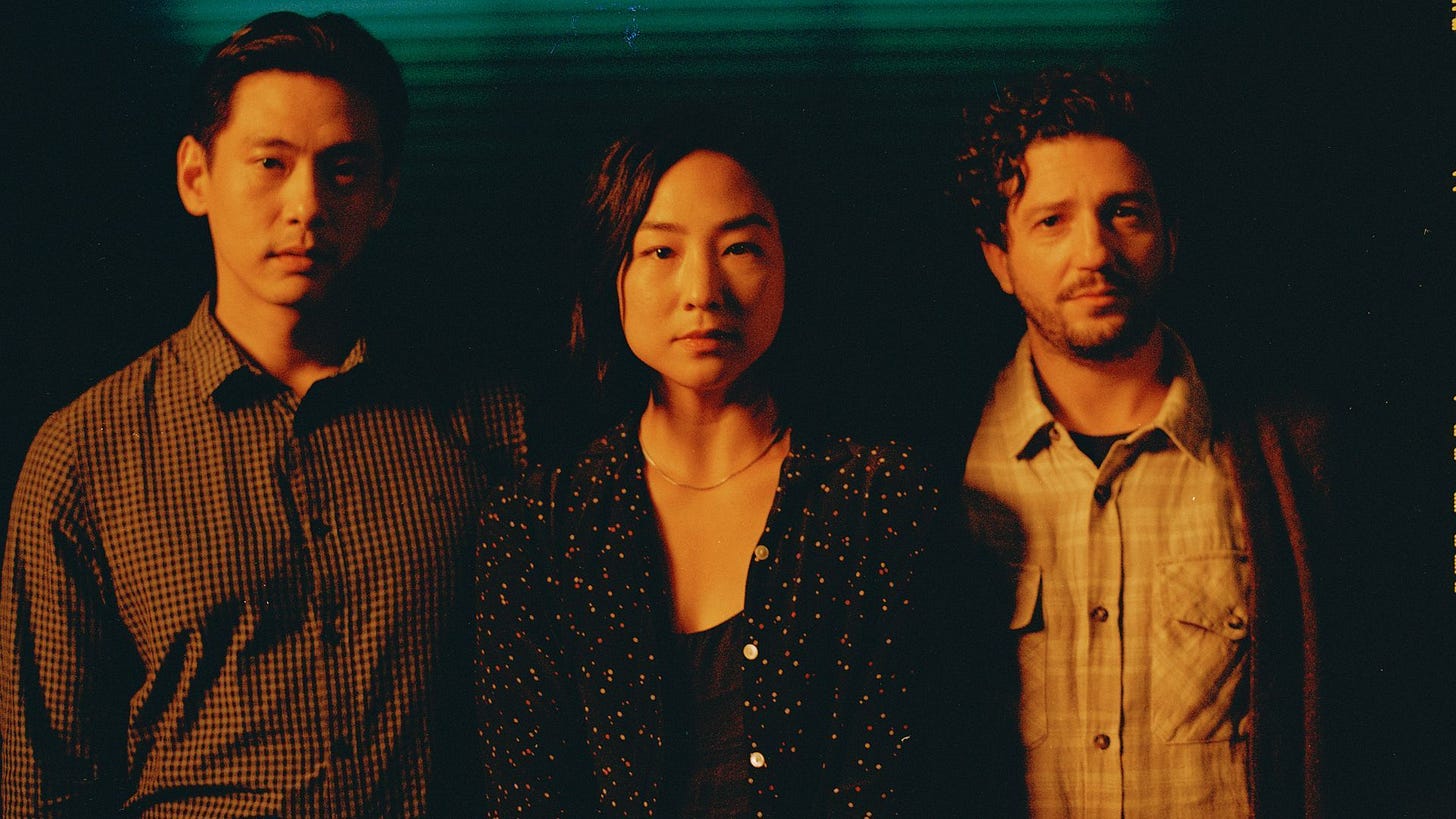Not so long ago, I remember viewing on social media a resurgence of swirl agenda propaganda and seeing videos upon videos of young black girls fawning over white men and wanting a white boyfriend. Having gotten out of a 4+ year relationship with a white man, I found myself looking on as the older, wiser, traumatized sister, seeing this as a canon event for the black girls who grew up in predominantly white towns with no prospects of romantic love in their youth, hoping for their "literal" white knight to save them from the dread of being alone, in hopes of attaining a taste of what it feels like to be like other girls.
After my breakup, I remember being very anti-seriously dating white men. I remember during one of the conversations during what was supposed to be our "no-contact" stage, I told my ex that I think race and class played a huge role in how I no longer felt compatible with him. In the last year of our relationship, 95% of our time together was spent on me working from 8-7 at my entry-level job, burnt out making 45k a year, as he sat next to me, playing overwatch, eating meals I ordered for us, and buying Adderall so he had the energy to continue to play video games and the occasional task of cleaning the apartment or doing laundry.
What the absolute FUCK was I doing going 50/50 with a guy who had a trust fund?
This is when the bitterness started. I couldn't possibly fathom being comfortable watching someone you love work and exhaust themselves to keep afloat and pay rent while you waste the privilege you have as a man who doesn’t even NEED to work to live in the best city in the world to play video games. I deduced that only a rich white man could feel so comfortable living this way, and the fact that I will never be that comfortable doing nothing is why we wouldn't work long-term.
I've currently re-entered a phase where I can't stop listening to Mitski. Post Puberty 2, I haven't been much of a consistent listener, but 2013-2016 has to be one of my favorite album runs by an artist. I've always considered her an honorary 845 girl, a member of the tribe of WoC thrown into predominately white spaces, grasping and yearning for love while fighting against the stereotypes, fetishization, and ideals of what love should look like.
"Retired From Sad, New Career in Business" has always been my favorite Mitski album because it’s Mitski’s senior project at SUNY Purchase. I've always seen it as the chronicle of 20-something-year-old trials and tribulations of love in the Hudson Valley. As an 845 girl myself, I just know she was fucking with a lot of white boys. My ex was my "Strawberry Blonde." In the beginning, I loved everyone and everything because I finally had the idealized love I had desired when I was young. I loved it when he called my name, and I didn't need much more. I took the bare minimum and made it make sense because I knew nothing but what I yearned for. I sacrificed my own needs and comforts because my insecurities and need for desirability were so intense; I didn't think I could survive in a world where I no longer felt worthy of love, so I took my crumbs and smiled through the lingering pain of never feeling enough despite the fulfillment I thought a boyfriend would make.
Many of Mitski's songs, most notably "Your Best American Girl," can be taken as parables of interracial relationships, but one of my favorites is Square. In verse 1, she sings, "Everything had its own place, And I wondered what space would I take in the order you kept." Towards the end of my relationship, I began questioning the role I would continue to play in my partner's life. He was seemingly well off; his family supported him financially, but he rejected them emotionally. I also loved his family and felt accepted immediately. Still, as I got closer to them, I felt pressure to guard my family, fearing that they would not be as receptive to him given the whole unemployed thing. I remember staying upstate with his family. It was a weekday, and I still had to work. His parents watched me as I worked, the silent acknowledgment that it was impressive to see someone like me work while their child did not. Our families had different expectations of what a young adult should be doing, and perhaps there isn't a right or wrong, but you couldn't ignore the glaring difference. Even at my most impressive, I was not a fit.
"I tried my hardest, for I'd never learned God's very simple, and love shouldn't burn." No matter how hard I tried to make the love work, I was left bitter, and like Mitski says, it burned, and that's not how love should feel. And the harder I tried, the more I was let down.
One thing that haunted me in my past relationship was when my dad met him for the first time; he told my mom afterward that we seemed "more like friends." I remember being so angry at my dad for 1, not being able to say that to my face, and, secondly, for not taking my relationship seriously. Deep down, I was only so hurt because I knew my dad was right. I'm very much my father's child; we’re both vulnerable to the masses (thanks, readers) and closed off to our lovers. I've seen my father be ashamed of crying in front of my mom and snap at her attempts to heal him. Eventually, he gives in and accepts her comfort. I never reached the giving-in part of love in my past relationship. An astute observer (Capricorn), my father saw this in the brief meeting, seeing the relationship similar to the above lyric, business-like in its respect for each other, but not reaching the point of what love should be. When I'm honest with myself, I never felt comfortable with emotional intimacy in my last relationship, and I wouldn't say I liked the feeling of being vulnerable with him. When I cried, he would say, "Aww" or "It's going to be okay." I often scowled at him for not being realistic or "babying" me. I still feel guilty over this, and I know now what I crave most in love is someone I feel relaxed with, as my insecurities force me to be tense. To this day, I'm troubled by my father's observation, but at the same time, I'm so grateful for it, with the revelation that my dad might know what I want more than I do.
I recently watched the film Past Lives. I tried to avoid reading synopses and trailers. I was looking forward to seeing a movie that might comment on how and why interracial relationships don't work and how loving someone of your race/ethnicity is better. I didn't get that. Instead, I better understood how I approach love, which goes beyond these factors. In Past Lives, a Korean-American woman named Nora is reunited with her childhood love from Korea, although she is now married to a white man. My experience allowed me to quickly assume the white husband in Past Lives was the villain in this story, so it surprised me to watch this and see the character have the same assumption of himself. He's no villain. He has valid beliefs and fears, as one would when your partner's first love appears in their life. I felt bad for him.
I still struggle with the balance I'm looking for in my life, but similar to the lead in Past Lives, I know I play an active role in my love life; it cannot be influenced by race/class/gender/language, etc. unless I allow it and there will always be a valid time or place for that. Who I love does not need rules and restrictions in identity. At the same time, just because love doesn't require rules doesn't mean identity should be discarded entirely. Inyun is described in Past Lives as a Buddhist concept where two people's fate meets throughout their lifetimes. All of my choices in this life will lead to layers upon layers of friendships, lovers, coworkers, encounters with strangers, and so many more connections. Inyun initially can seem like an overwhelming concept, but it gives me a sense of peace in being kinda fucked up in the love department. Inyun goes beyond societal concepts and leans into the lives of our past, present, and future, leading to destined connections. Nora's childhood love and her husband are not in a competition of connection or inyun; they coexist.
I often struggle with the "what ifs" of my life. What if I never grew up in an adolescent environment where white boys' attraction to me was a prize? What if I received romantic attention before I went to college? What if I just waited longer for my last relationship to get better? The concept of inyun, thanks to Past Lives, makes those "what ifs" more manageable, as I can appreciate my past and not assume it makes my present any less precious or lovely, as love isn't a competition, and like Mitski says, love shouldn't burn.
"Silly me, waiting."
In this current lifetime, I am waiting like Mitski at the end of Square, praying that inyun works for me. My past relationship fulfilled my past life, the young, unloved girl; the love was real, but that life is gone. Now, I wait for the grand passion of this lifetime of whatever race, gender, or creed, as long as I feel relaxed and safe with them. A love I chose because it makes me happy and comfortable enough to be vulnerable.
Maybe even a love my father believes in.
Embrace the inyun. Listen to your parents.






Square has been my favorite Mitski songs since I began listening to her (again your music taste is impeccable love), personally I don't think she has topped that one. That song is a masterclass in songwriting and storytelling, and the way you connected that to your story is so BEAUTIFUL. This letter is beautiful and thank you for your vulnerability because it really touched me. <333
this is incredible !! need to revisit this album now